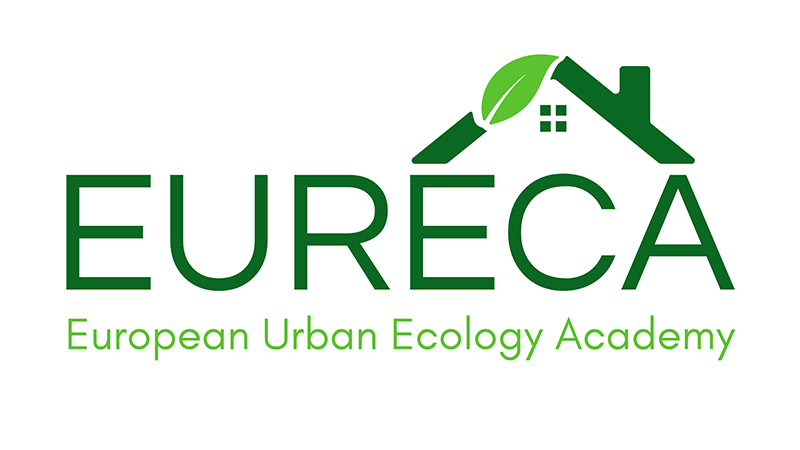 |
|||||||
| Newsletter EURECA n.º 2 - 31 July 2024 | |||||||
|
Meeting in Torrecuso with case studies The second transnational meeting of the Erasmus+ project European Urban Ecology Academy (EURECA) project took place in Torrecuso, province of Benevento, Italy, from 3 to 7 June 2024, organized by the partner Gramigna. During the meeting, the implementation of the project was reviewed and the work for the coming months was prepared. The next major task is to prepare the contents of the e-learning course modules on urban ecology, which will focus on the following topics: urban planning, energy, water, waste, nature and biodiversity. The meeting in Torrecuso included guided visits to remarkable examples of urban ecology, environmental sustainability and social inclusion. The case studies report about these visits is available on the project website where you can find all the information about EURECA. |
|||||||
|
EU Nature Restoration Law approved
|
|||||||
|
What is the European Green Deal
|
|||||||
|
The importance of biodiversity in cities
|
|||||||
|
What is Urban Ecology?
|
|||||||
|
FOLLOW US
|
|||||||
 |
The European Commission's support for the production of this publication does not constitute an endorsement of the contents, which reflect the views only of the authors, and the Commission cannot be held responsible for any use which may be made of the information contained therein. |
 |
Legal description – Creative Commons licensing: The materials published on the EURECA project website are classified as Open Educational Resources' (OER) and can be freely (without permission of their creators): downloaded, used, reused, copied, adapted, and shared by users, with information about the source of their origin. |
| © Eureca Project Europe |














